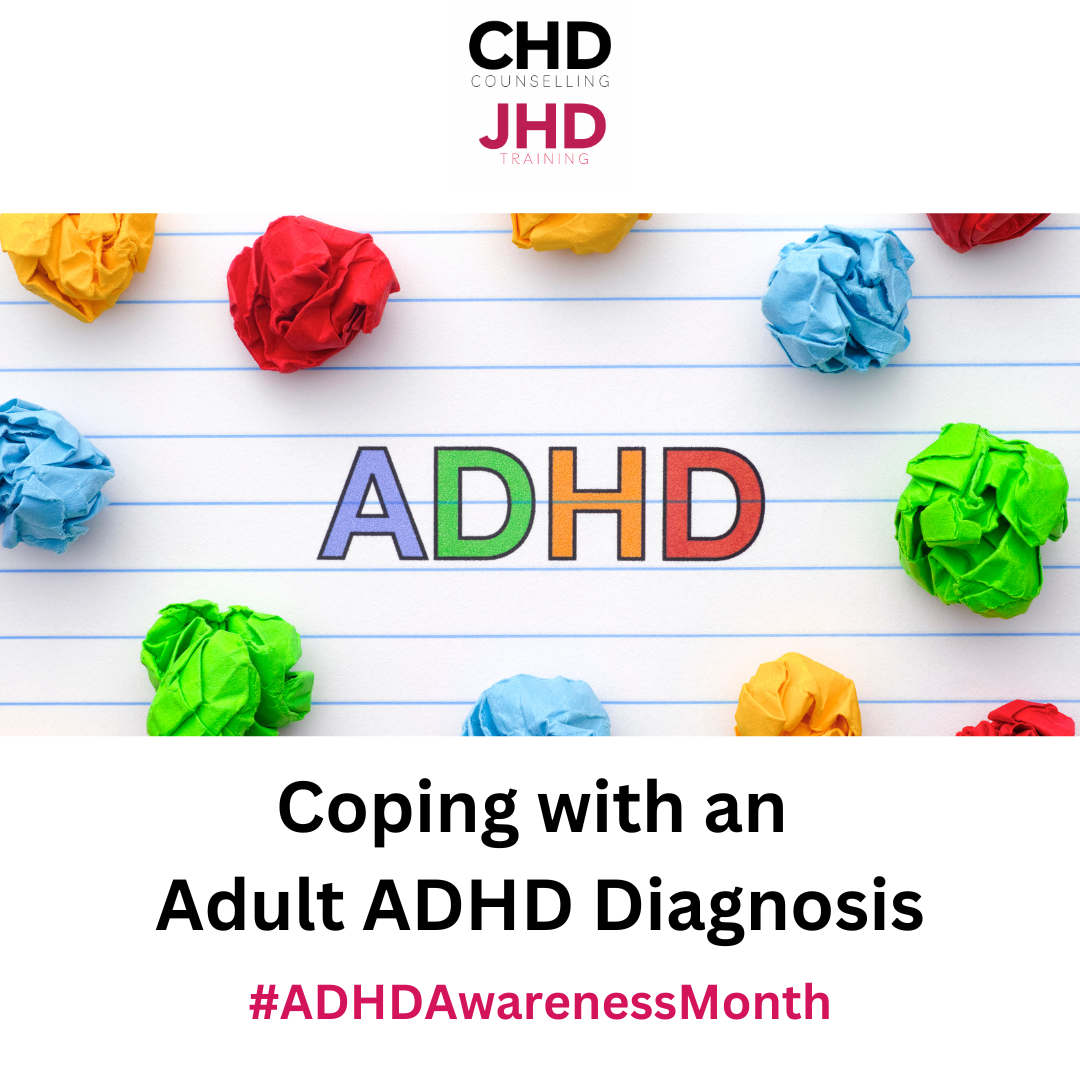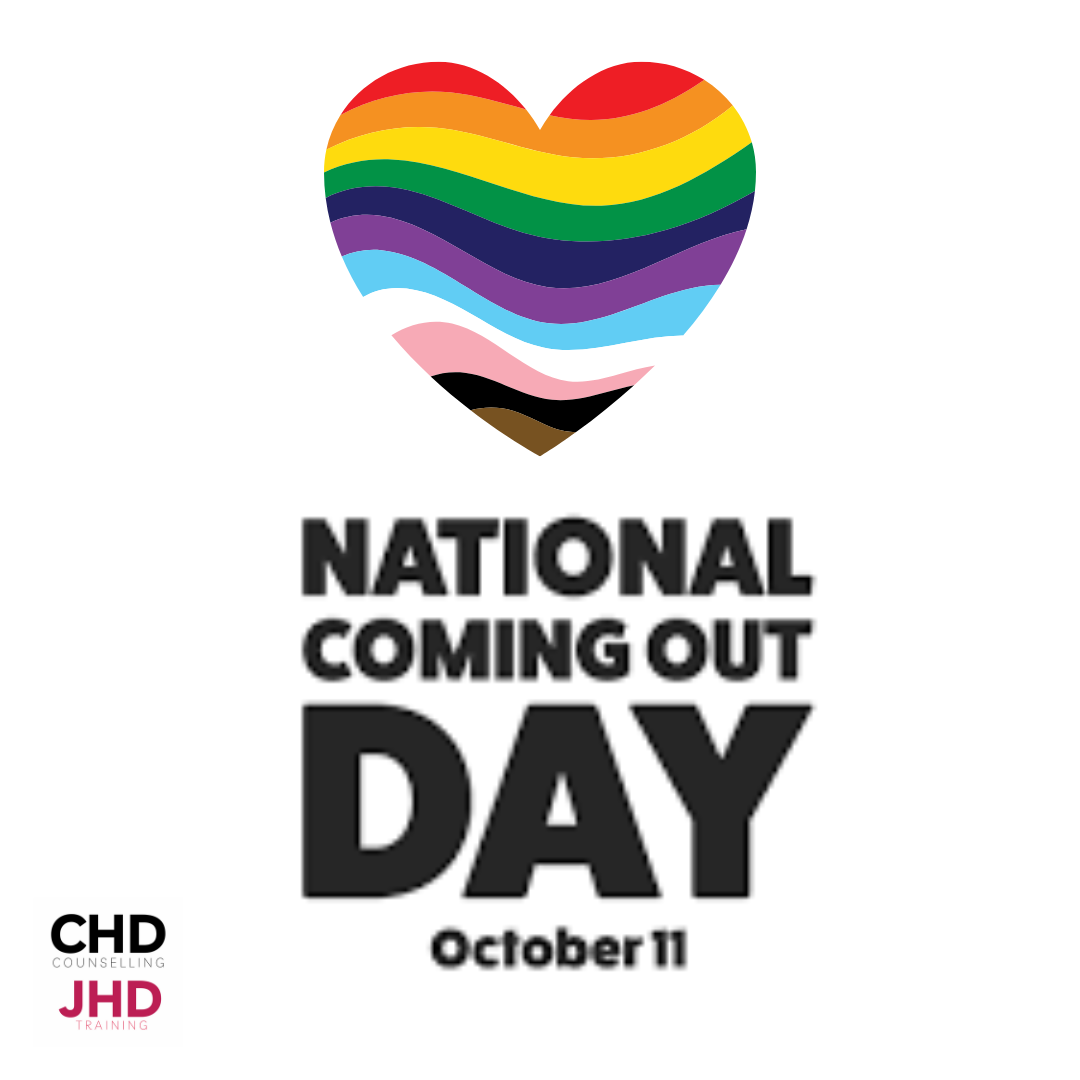Breaking the Stigma: A Guide to Mental Health Awareness
Introduction
World Mental Health Day serves as a crucial reminder of the importance of mental health and the need to break down the stigma surrounding it. Mental health is just as essential as physical health, and it's okay to seek help when you're struggling. This blog post aims to shed light on mental health awareness and provide guidance on how to support yourself and others.
Understanding Mental Health
Mental health refers to our emotional, psychological, and social well-being. It affects how we think, feel, and act. Just like physical health, mental health can fluctuate over time. It's important to recognize that experiencing mental health challenges is common, and seeking support is a sign of strength, not weakness.
Breaking Down the Stigma
One of the biggest barriers to seeking help for mental health issues is the stigma associated with them. It's crucial to challenge negative stereotypes and misconceptions about mental health. By understanding that mental health conditions are treatable and that individuals who experience them are not to blame, we can create a more supportive and inclusive environment.
Signs and Symptoms of Mental Health Challenges
It's essential to be aware of the signs and symptoms of mental health challenges. While these can vary from person to person, some common indicators include:
- Emotional changes: Persistent sadness, anxiety, anger, or irritability.
- Behavioral changes: Difficulty concentrating, withdrawing from social activities, or changes in appetite or sleep patterns.
- Physical symptoms: Fatigue, headaches, or digestive problems.
If you or someone you know is experiencing these symptoms, it's important to seek professional help.
Seeking Support and Treatment
There are many resources available to support individuals struggling with mental health. Here are some options to consider:
- Therapy: Talking to a therapist can provide a safe space to explore your thoughts and feelings.
- Medication: In some cases, medication may be helpful in managing symptoms.
- Support groups: Connecting with others who have similar experiences can be comforting and empowering.
- Self-care: Engaging in self-care activities, such as exercise, mindfulness, and hobbies, can contribute to overall well-being.
Remember, seeking help is a courageous step towards healing.
Supporting Others
If you know someone who is struggling with their mental health, offering support can make a significant difference. Here are some ways to show empathy and compassion:
- Listen actively: Give your full attention and avoid interrupting.
- Validate their feelings: Let them know that their emotions are valid and understandable.
- Offer support: Encourage them to seek professional help and offer to accompany them if needed.
- Avoid judgment: Be non-judgmental and avoid making assumptions.
Conclusion
Mental health is a vital aspect of our overall well-being. By breaking down the stigma surrounding mental health and seeking support when needed, we can create a more compassionate and understanding society. Remember, you are not alone, and there is hope for healing.



